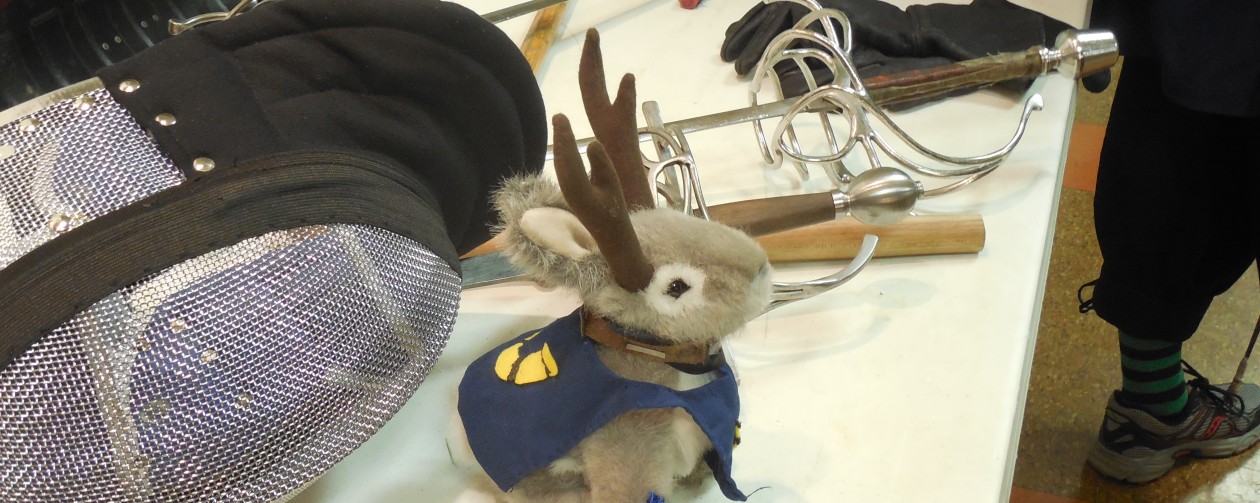Today, I am reading and commenting on 2 Samuel 1-3.
 I am reminded of the murder of Thomas Becket, Archbishop of Canterbury, by retainers of King Henry II. In one form or another, Henry II inquired whether someone would rid him of “this meddlesome priest,” which led four of his retainers to kill the Archbishop. David’s actions here, and later, would mean that no one who was part of his court would think that killing his opponents would lead King David to reward them unless he had explicitly ordered it. Perhaps the lengths David went to send this message were extreme, it is one from which rulers who wish to be godly would be wise to learn. I am returning to this after a few hours to add something which occurred to me. David reacted so extremely to the messenger who claimed to have killed King Saul, and later the men who killed Ish-bosheth, in part because of how brutal King Saul was. King David reacted brutally to those who killed his opponents to communicate to everyone that he was not going to treat his opponents as brutally as King Saul had done, and at the same time he communicated that this did not make him weak.
I am reminded of the murder of Thomas Becket, Archbishop of Canterbury, by retainers of King Henry II. In one form or another, Henry II inquired whether someone would rid him of “this meddlesome priest,” which led four of his retainers to kill the Archbishop. David’s actions here, and later, would mean that no one who was part of his court would think that killing his opponents would lead King David to reward them unless he had explicitly ordered it. Perhaps the lengths David went to send this message were extreme, it is one from which rulers who wish to be godly would be wise to learn. I am returning to this after a few hours to add something which occurred to me. David reacted so extremely to the messenger who claimed to have killed King Saul, and later the men who killed Ish-bosheth, in part because of how brutal King Saul was. King David reacted brutally to those who killed his opponents to communicate to everyone that he was not going to treat his opponents as brutally as King Saul had done, and at the same time he communicated that this did not make him weak.
 I find the story of Abner’s attempt to come over to supporting King David interesting. If one does not pay close enough attention, it appears as if Abner betrays Saul’s son, Ish-bosheth, because of hurt feelings. Perhaps it was, but there was more to it than that. After Abner reached out to King David, David responded by demanding that Michal, King Saul’s daughter who had been given to him in marriage and then, after David fled from King Saul’s attempts to kill him, to another man in marriage. It was Ish-bosheth who gave the orders for her to be taken from her second husband and given back to David. This tells us that if Joab had not killed Abner, Israel would have united under King David sooner, and with a greater degree of unity.
I find the story of Abner’s attempt to come over to supporting King David interesting. If one does not pay close enough attention, it appears as if Abner betrays Saul’s son, Ish-bosheth, because of hurt feelings. Perhaps it was, but there was more to it than that. After Abner reached out to King David, David responded by demanding that Michal, King Saul’s daughter who had been given to him in marriage and then, after David fled from King Saul’s attempts to kill him, to another man in marriage. It was Ish-bosheth who gave the orders for her to be taken from her second husband and given back to David. This tells us that if Joab had not killed Abner, Israel would have united under King David sooner, and with a greater degree of unity.
I use the daily Bible reading schedule from “The Bible.net” for my daily Bible reading.
